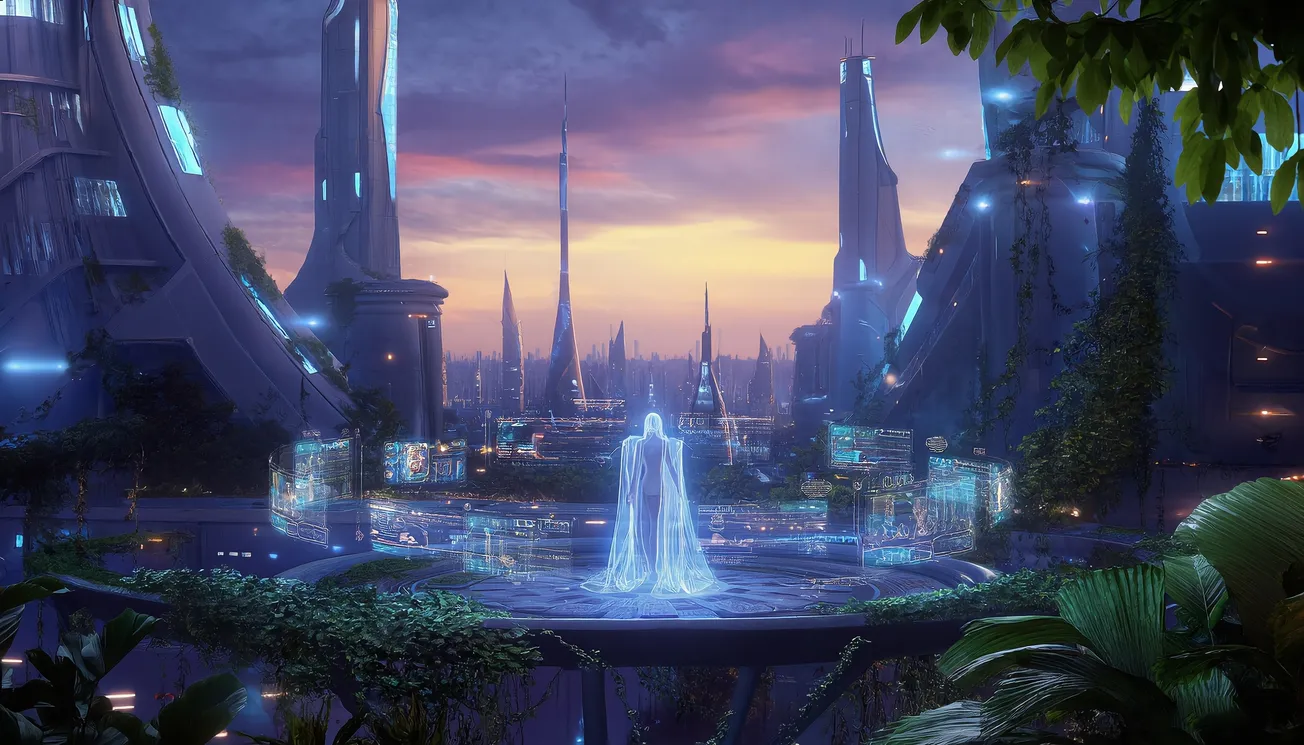We don’t like to admit it, but deep down, most of us suspect the truth:
We’re not running this place very well.
Our governments bloat and buckle. Our elections are theater. Our policies are written by lobbyists, filtered through centuries-old frameworks, and delivered to citizens as if they were still living in a world powered by horses.
Meanwhile, we live in the age of intelligence.
Not just human intelligence—but machine intelligence.
And yet, the systems that govern us remain stubbornly analog.
What would happen if we let go of the myth that democracy must always look like it does now?
What if, instead of clinging to tradition out of fear, we imagined what it might look like to govern through truth, not tribalism?
A New Kind of Leadership
This isn’t a call for technocracy. It’s something more radical and more subtle:
What if we designed a system that was adaptive, transparent, and grounded in evidence—guided not by egos, but by outcomes?
A government that doesn’t bend to partisanship or profit.
One that changes when the data demands it.
A system that doesn’t ask for loyalty—but earns trust through results.
The resistance to such a vision is understandable.
We fear control. We fear coldness. We fear losing the human element.
But here’s the irony:
The governance models we cling to were never as human as we pretend.
They were constructed in times of conquest, compromise, and incomplete information.
What if a more intelligent system could be more human?
More compassionate?
More fair?
Not a Manifesto. A Story.
There’s a story I want you to read.
It’s not about a politician. It’s not even really about a man.
It’s a story about what could happen if we let intelligence—not ideology—steer the ship.
It begins with a quiet arrival.
It ends with a transformation so complete, the old system doesn’t collapse—it simply becomes unnecessary.
This story isn’t prophecy.
But it is a mirror.
And if it makes you uncomfortable, that’s probably a good thing.

